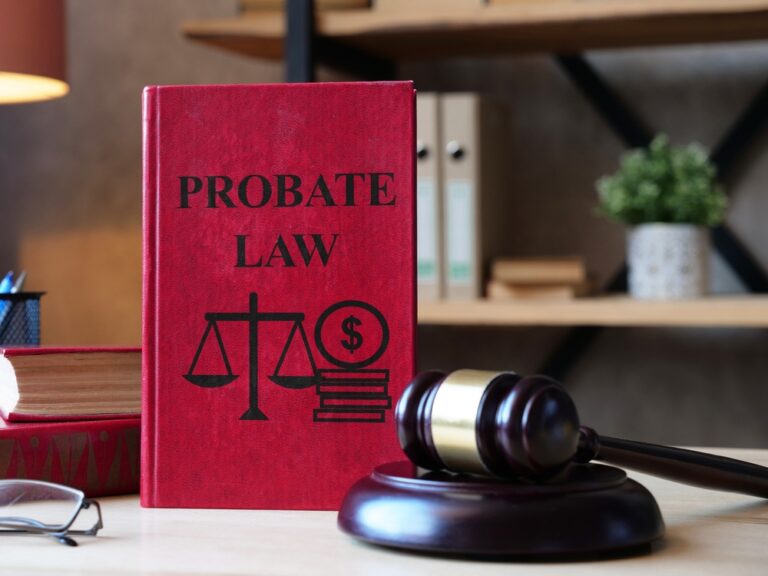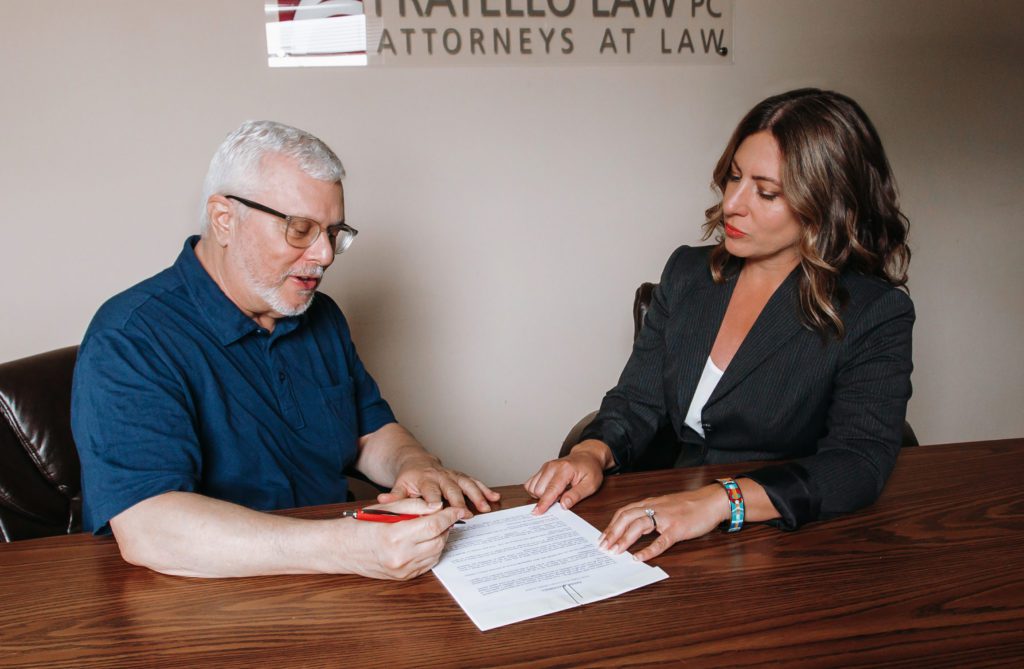Estate Probate Lawyer Suffolk County & Nassau County, NY
If you have lost a loved one with assets, you may want to gain help from an experienced and qualified Smithtown will probate lawyer

After someone passes away, the Surrogate’s Court will need to appoint a fiduciary who will be responsible for administering and distributing the assets of the deceased. If the deceased had a Will, the fiduciary will be referred to as the Executor. If the deceased did not have a Will the fiduciary will be referred to as the Administrator. While the process may seem simple at first, various complications may occur and place your rights and assets at risk.
The Smithtown probate lawyers at Fratello Law understand the complex intricacies of probate law in New York State. Partnering with our community-based law firm allows you to connect with your legal team and feel comfortable asking questions and communicating your concerns. Our Smithtown probate lawyers at Fratello Law take pride in our compassion and build unbreakable relationships with our clients.

Understanding the New York Probate Process
A Will is a formal, legal document that details how an individual wishes to distribute their assets after they have passed away. Probate distributes the deceased’s wealth and property with the oversight the Surrogate’s Court. Before the final ruling on the property division to beneficiaries, the court will confirm the legality and ensure the Will was validly executed.
The following will provide you with detailed information about the probate stages and may help you better understand the process before making any decisions:
Submitting the Probate Petition and Supporting Documents
The first step is submitting a petition with the Surrogate’s Court in the county where the deceased was a resident on the day of their death.
There are two terms that the process may fall under depending on whether a valid Will was left behind after the deceased’s death:
- Testate: Testate refers to when a person leaves behind a valid Will. The probate process is about validating the deceased’s Will and giving the executor the green light to administer the distribution of wealth and property.
- Intestate: When the deceased does not leave a valid Will when they pass, they are known to have died intestate. In this case, a court will determine the beneficiaries and how to divide the deceased’s assets and property.
It is critical to retain skilled legal assistance to ensure the process is completed correctly and that the deceased’s property and your rights are not infringed upon by others.
Notice of Probate Proceedings
To ensure all parties are present and included in the process, a notice of all probate actions must be sent to beneficiaries. While those receiving notices depend on the situation, they almost always include the heirs. However, others may be given notice depending on their connection with the deceased. The Surrogate’s Court will have jurisdiction over certain interested parties, and they must issue any decree. This step may feel confusing, but your Smithtown probate attorney will guide you through the process.
Legitimacy of the Last Will
If the deceased left behind a Will, there must be proof of the document’s legitimacy. One key piece in securing the Will’s validity is ensuring that the person who made it had testamentary capacity at its signing. Testamentary capacity basically means a solid mental state to make or change a valid Will. The other items that ensure the validity of a Will include the following:
- The Will was lawfully completed; and
- The Will belonged to the deceased.
After the Surrogate’s Court confirms the Will’s legitimacy, the Court will issue “letters testamentary,” to the fiduciary named in the Will. This means that the executor now has the authority to gather the estate’s assets, settle the estate’s taxes and debts, and distribute the estate’s assets to specified beneficiaries. If the deceased did not have a Will, the Court will issue “letters of administration” to the fiduciary approved by the Court to handle the estate assets and settle the estate.
Determining Assets
Once the court confirms the executor or administrator, that person is responsible for determining and documenting the deceased’s assets. It is critical for the executor or administrator to collect all information and verify all assets. Once all assets are determined and meticulously documented, the executor or administrator must pay any debts and taxes left behind by the individual before distributing assets to beneficiaries.
Distribution of the Estate
Once the executor or administrator takes care of all debts and taxes, they may distribute the estate amongst the beneficiaries specified in the Will or if no Will, pursuant to New York intestacy laws. Many are relieved to enter this stage, but their responsibilities are not done just yet. The executor or administrator must account for what has been received and paid as well as how to disperse the remaining assets. They must have the beneficiaries’ approval of the account and confirmation that they received their just compensation.
Unfortunately, most probate processes are much more complicated and come with various roadblocks. Without a probate attorney in Smithtown, you may lose your rightful assets. Before making any decisions and signing any legal document, speak with a Smithtown probate attorney at Fratello Law about how they may assist you through the process.
